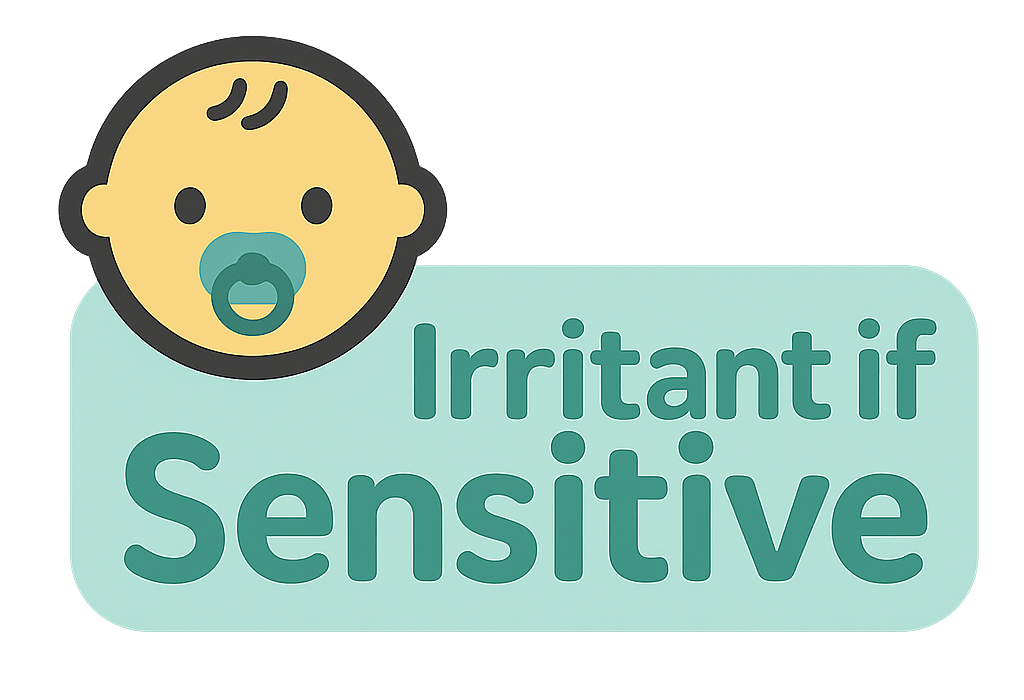Check for Different Age (6 available)
Is this toddler-safe to use Butylparaben?
ℹ️General Overview
Butylparaben is a preservative that has been linked to hormone effects, possible problems in animal studies of development and reproduction, and skin allergies. For toddlers (1–2 years) it is not the safest choice.
✅What to Do
Choose paraben-free products for toddlers when you can. If a product contains butylparaben, prefer short contact or rinse-off items rather than leave-on creams or lotions, and avoid applying it to the face, neck, or diaper area. Use the smallest amount needed and do not use multiple products that all contain parabens (to avoid adding exposures). If you prefer, pick products labeled for babies/toddlers that specifically say “paraben-free.”
⚠️Warnings
Stop use and see your pediatrician if you notice redness, rash, swelling or other signs of irritation after using a product. The concern comes from regulatory evaluations and scientific studies (for example, the European Chemicals Agency classification, peer-reviewed animal and cell studies, and cosmetic safety reviews that recommend limits or restrictions). Some countries have restricted parabens in products for children under three, so extra caution is advised for toddlers.
Are you holding the product?
Scan the full ingredient label and understand if it's safe for your child.
Safety Risk Labels
This ingredient has the following documented risks:








Tap or hover over labels to see detailed risk information.
Alternative Names for Butylparaben
This ingredient may also be listed as:
Always check ingredient labels carefully, as ingredients may be listed under different names.
Common Questions About Butylparaben
Is this toddler-safe to use Butylparaben?
Butylparaben is not recommended for 1-2 year old toddlers due to potential safety risks.
What are the hormones risks of Butylparaben for toddlers?
May mess with natural hormone development in babies and children. Young children may be more sensitive to these effects.
What are the confuse hormones risks of Butylparaben for toddlers?
Acts like fake hormones in the body, confusing natural signals. Young children may be more sensitive to these effects.
What are the fertility risks of Butylparaben for toddlers?
Some studies link this to future fertility or reproductive issues. Young children may be more sensitive to these effects.
What are the immune system risks of Butylparaben for toddlers?
Could weaken or confuse immune system. Young children may be more sensitive to these effects.
What are the irritant risks of Butylparaben for toddlers?
Can cause skin redness, itchiness, or rashes—especially on sensitive baby skin. Young children may be more sensitive to these effects.
What are the eczema risks of Butylparaben for toddlers?
Linked to triggering or worsening eczema and similar skin conditions. Young children may be more sensitive to these effects.
What are the banned risks of Butylparaben for toddlers?
Banned or heavily restricted in one or more countries. Young children may be more sensitive to these effects.
What are the environmental risks of Butylparaben for toddlers?
Possible negative effects on the environment Young children may be more sensitive to these effects.
What products contain Butylparaben?
Butylparaben is commonly found in skincare products, cosmetics, and topical applications. Always check ingredient labels before use.
When can toddlers using products with Butylparaben?
The appropriate age depends on the specific ingredient properties and concentration. This analysis is for 1-2 year old toddlers. Use the age selector above to check other ages.
Want to scan another product?
Use our camera scanner to analyze more ingredient labels
Scan Another Product